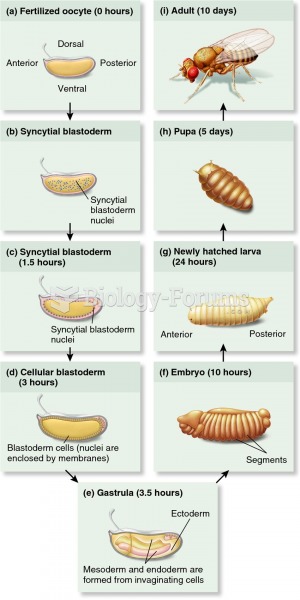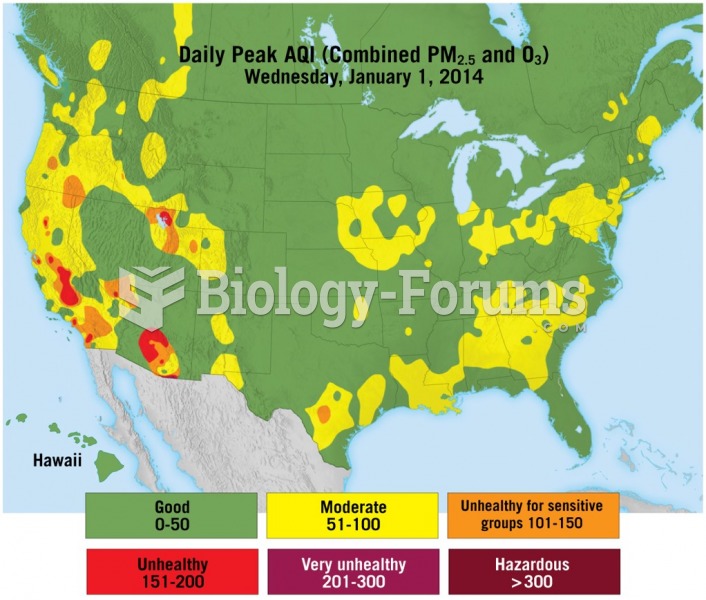Answer to Question 1
Metamemory refers to the person's awareness of and understanding about his or her own memory processes. Metacognition denotes one's awareness about one's own cognitive processes. Both types of knowledge are poorly developed early in life and become greatly expanded while the child matures. In infants, they must be inferred directly through the baby's basic responses such as orientation and dishabituation to stimuli. It could be argued that infants lack these areas of knowledge because their notion of self is absent and there is scant evidence of intentionality at this age in the areas of memory or thought. At the preschool age, children's metamemory/metacognition is very basic. Preschoolers realize that some tasks are harder than others, and they may be dimly aware about basic strategies. Still, they are unsure when strategies should be applied or which are best suited for particular memory or cognition tasks. The metaskills become greatly advanced in school-age children because they learn many strategies. Many children overestimate their thinking/cognition skills, which leads them to underestimate the time and effort that must be allocated to studying or to other mental tasks. Mere knowledge about mnemonics or other strategies is insufficient to ensure good performance; it helps if the child is given explanations about why the strategies are effective for particular tasks. Metamemory and metacognition continue to improve through adolescence and adulthood, as is commonly true for other skills. These skills respond to continued higher education and also to advancements in specialized areas of expertise. Paradoxically, some areas of advanced knowledge become inaccessible to awareness. These are areas for which expertise has greatly speeded decisions or have automated mental operations that were consciously chosen at lower levels of expertise. For example, grandmaster chess experts may have trouble introspecting about their choices because their expertise has rearranged their decision-making into larger units that are difficult to take apart to describe.
Answer to Question 2
Teach a few strategies at a time, intensively and extensively, as part of the ongoing curriculum; in the beginning, teach only one at a time, until students are familiar with the idea of strategy use. Model and explain each new strategy. Model again and re-explain strategies in ways that are sensitive to aspects of strategy use that are not well understood. (Students are constructing their understanding of the strategy, refining the understanding a little bit at a time.) Explain to students where and when to use strategies, although students will also discover some such metacognitive information as they use strategies. Provide plenty of practice, using strategies for as many appropriate tasks as possible. Such practice increases proficient execution of the strategy, knowledge of how to adapt it, and knowledge of when to use it.
Encourage students to monitor how they are doing when they are using strategies. Encourage continued use of and generalization of strategies, for example, by reminding students throughout the school day about when they could apply strategies they are learning about. Increase students' motivation to use strategies by heightening their awareness that they are acquiring valuable skills that are at the heart of competent functioning with learning tasks.
Emphasize reflective processing rather than speedy processing; do all possible to eliminate high anxiety in students; encourage students to shield themselves from distraction so they can attend to the academic task.







